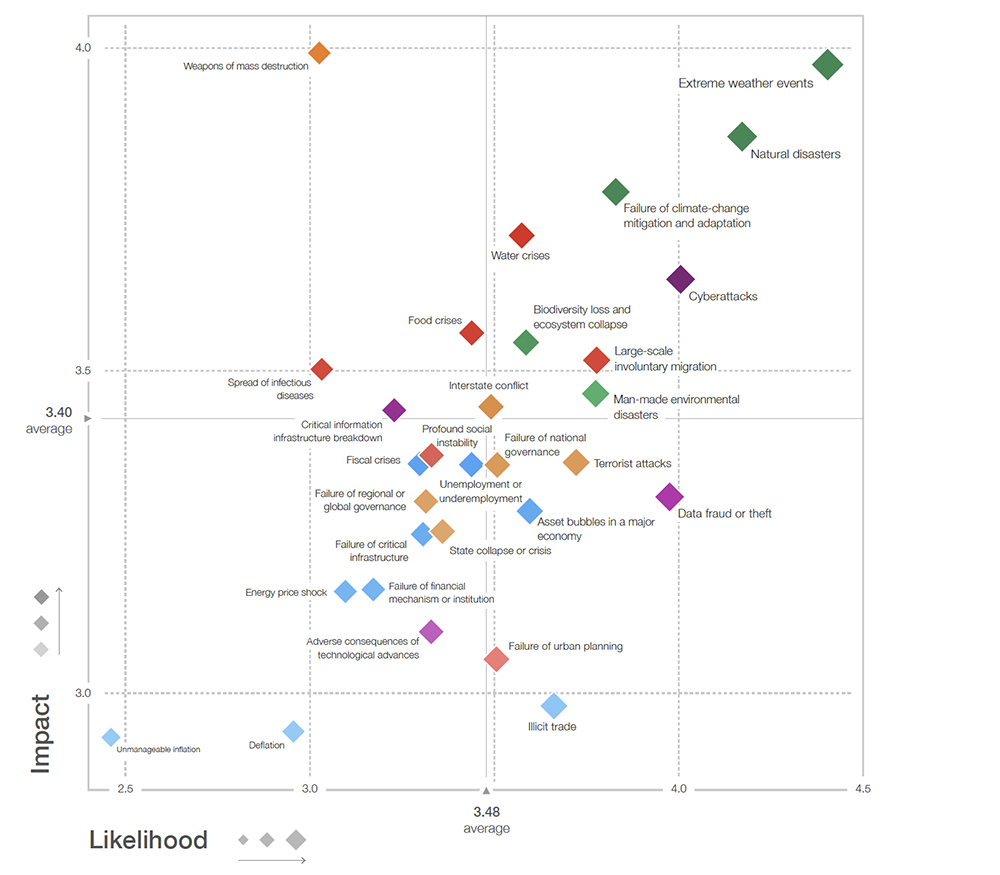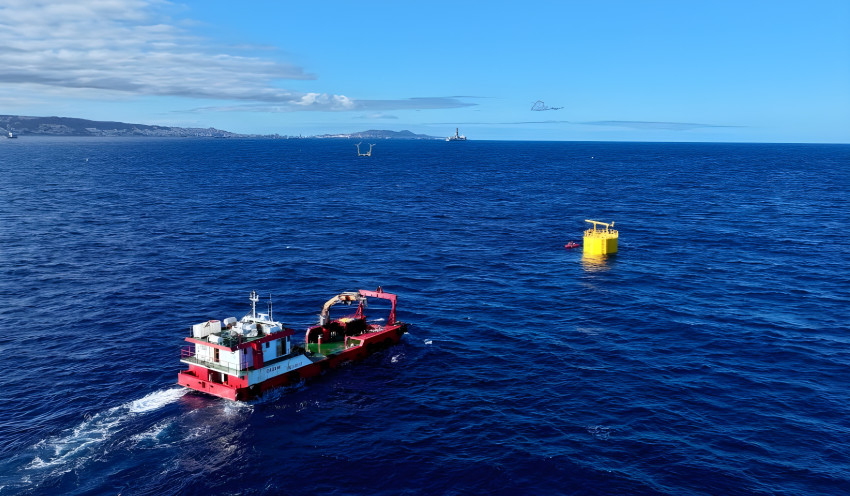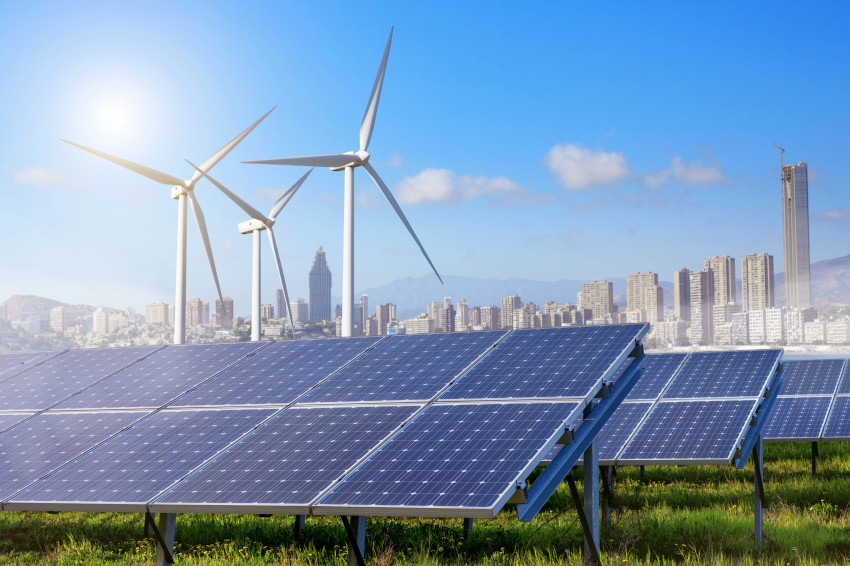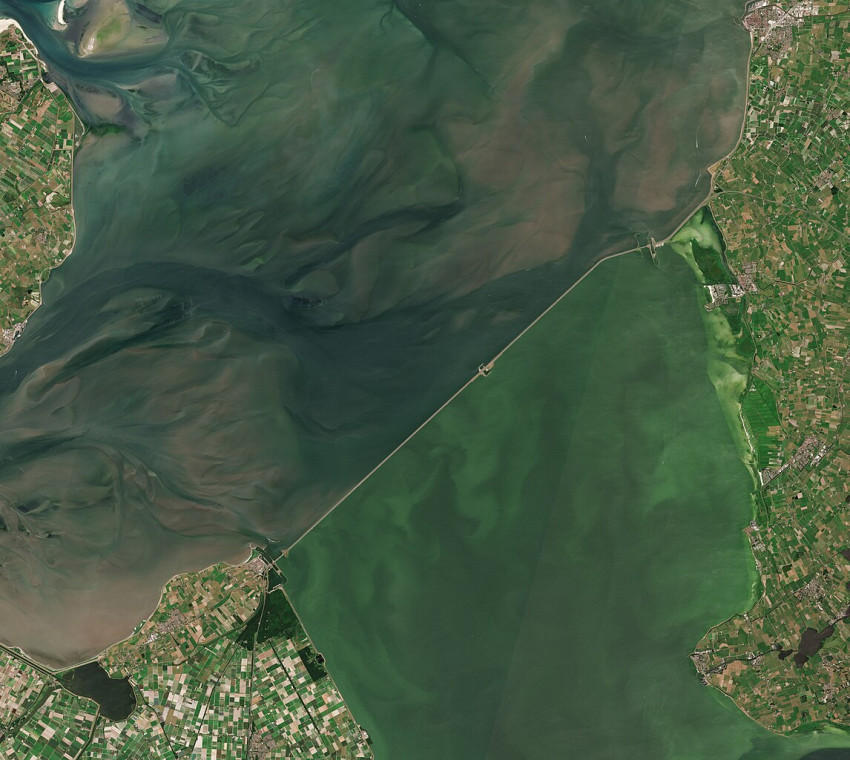
Extreme weather the greatest threat to humanity
Extreme weather constitutes the greatest threat to humanity, the World Economic Forum asserts in its yearly Global Risk Report. A trend we have already witnessed very clearly for several years: the earth is becoming less and less liveable for us.
With an impact that is nearly as great as that of weapons of mass destruction, and a probability much higher than that of cyber attacks, extreme weather, natural disasters and inadequate adaptation to climate change are the key threats to humanity. Less pronounced, but still major risks, are cyber attacks, and water and food shortages. That list also includes natural disasters caused by humans, such as mudslides and deforestation, and the loss of biodiversity and ecosystems.

‘It is a trend that has been developing for years now that threats linked to the environment are above-average in terms of both probability and impact’, as you can read in the Global Risk Report 2018. ‘We are placing extreme demands on our earth and the damage is becoming increasingly obvious.’ What's more, cyber security is an ever more important topic.
Expert judgement
The risk assessment, which the World Economic Forum issues annually, is based on a survey by some 750 experts who indicate, in a permanent list of threats, the chance of their occurrence and the impact they will have. This is therefore a qualitative assessment by people whose job it is to assess risk.
In contrast with just ten years ago, when the financial crisis was at its peak, economic risks play a far less significant role in this report. Geopolitical risks, on the other hand, with countries turning their backs on one another (or worse), have increased. What's more, terrorism and cyber attacks are changing the nature of the other risks.
Hurricanes, heat and rainfall
The extreme weather manifested itself last year in different ways. September 2017 was the most extreme hurricane month ever recorded. Of the ten natural disasters that claimed the most lives, half were down to severe rainfall and the resulting landslides. And 2017 was also one of the warmest years on record.
Air pollution is still an acute problem: more than 90% of the world population breathes air that doesn't meet the standards of the World Health Organization, WHO.
Intervention is problematic
One complication when addressing these risks is that they are having an increasingly intense mutual impact. Drought leads to less water for farming, food shortages, migration, socio-political tensions and so on and so forth. ‘We are not good at dealing with complex risks that are characterised by feedback, tipping points and indistinct cause and effect relationships. And that makes targeted intervention difficult.’
Download the PDF of the Global Risk Report 2018 by the World Economic Forum here.
If you found this article interesting, subscribe for free to our weekly newsletter!







